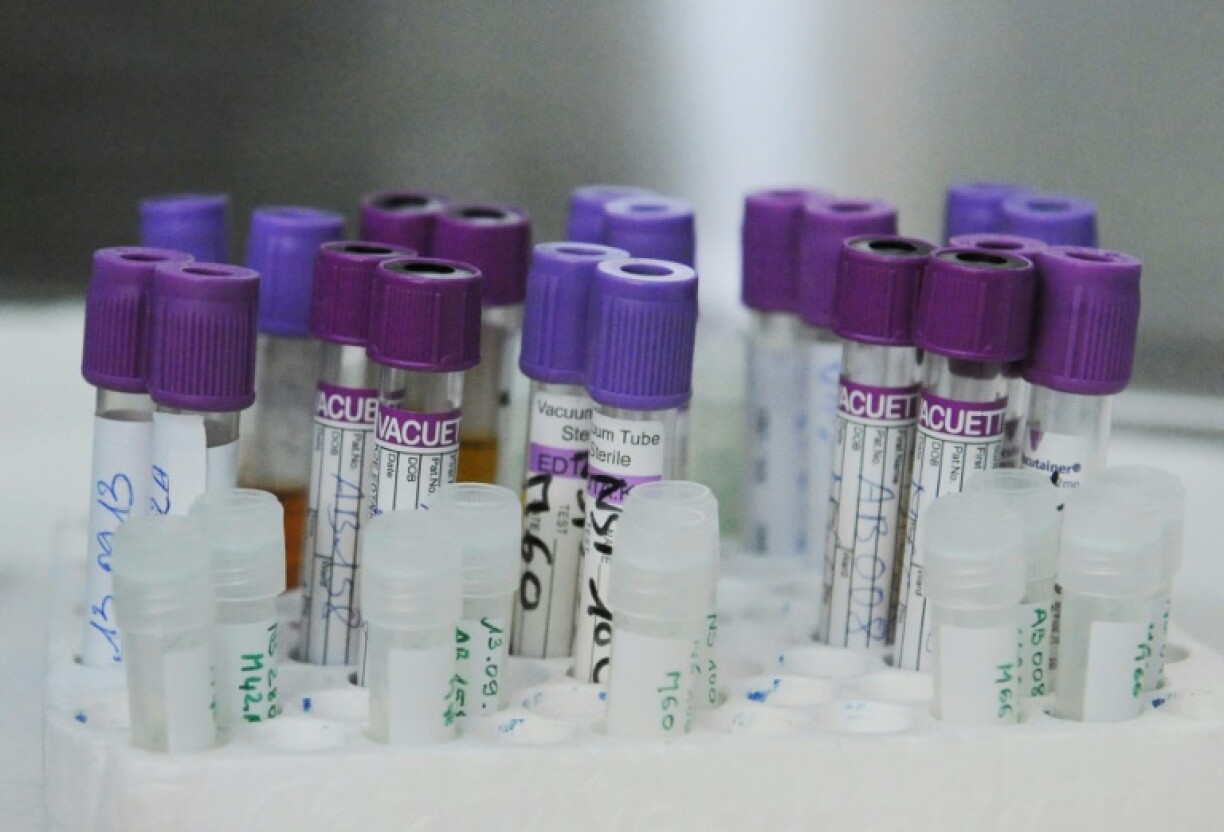
While overall infection numbers decreased between 2023 and 2024, the verdict is serious: half of all HIV diagnoses in Europe are still made too late to assure proper treatment. The ECDC warns that late diagnoses, and therefore delayed access to care, means more people could be subjected to developing AIDS, a higher mortality rate, and further HIV transmission.
A total of 24,164 HIV cases were confirmed in 2024 within the EU and the European Economic Area (EEA), 48% of which were late diagnoses. In Luxembourg, the share of late diagnoses is lower at 38.7%, placing the Grand Duchy among the four best performers in the EU/EEA, followed by France, the Netherlands, Belgium, and Germany, which reported the lowest percentage of late detections.
But how do this year’s numbers compare to previous reports? And what does the situation in Luxembourg look like?
Luxembourg recorded 43 new HIV diagnoses in 2024, the lowest number since 2020, when 70 cases were reported. After a spike to pre-pandemic numbers in 2021 with 100 cases, the numbers have gradually declined since then to 82 and 73 in 2022 and 2023 respecitvely.
At an EU/EEA scale, sex between men remains the most common transmission mode, accounting for 48% of cases. However, heterosexual transmission has risen in recent years, accounting for 46% of diagnoses in 2024.
While infections among men who have sex with men have progressively declined, heterosexual infections have stayed relatively constant despite a few variations. A decade ago, 11,812 men were infected through sex with men in the EU/EEA compared to 9,261 heterosexual transmissions. In 2024, those figures shifted to 8,614 and 8,115 respectively. In Luxembourg, heterosexual transmission has surpassed transmission between men since 2022. In 2024, 19 cases were linked to heterosexual contact, compared to 16 cases among men who have sex with men.
Drug injection as a source of infection has decreased on a European scale, from 1,012 cases in 2023 to 845 in 2024. In Luxembourg it accounted for three cases, down from five the previous year.
Mother-to-child transmission has also declined across Europe, accounting for 196 cases in 2024 compared to 217 in 2023. In Luxembourg, however, after reporting no cases since 2021, one case was recorded in 2024.
Across the EU/EEA, most patients diagnosed in 2024 were aged 30–39, similar to the previous year. In Luxembourg, diagnoses in the 30–39 bracket fell from 24 in 2023 to 13 in 2024, while cases among 40–49 year olds increased from 8–13. Overall, 26 out of 43 diagnoses occurred within the 30–49 bracket. Additionally, four cases were reported in people aged 20–24, three in those aged 25–29, and 10 in people aged 50 and above.
When it comes to AIDS diagnoses, Luxembourg reported nine cases in 2024, remaining relatively stable compared to eight in 2023. In the EU/EEA, 2,215 cases were diagnosed, a steep decline from 2,929 a year prior, an impressive drop from 4,454 in 2015. 2024 also marked the lowest AIDS-related death rate among the years included in the report, which spans a decade back to 2015, with 579 deaths compared to 1,562 in 2015.
Despite an overall improvement in case numbers, late diagnoses and a change in transmission trends underline how important it is to get tested. Luxembourg reported a record 90,097 HIV tests in 2024, excluding unlinked anonymous testing or blood donations, an increase from 84,050 tests in 2023.
The ECDC underlines the urgency of testing access: “We must urgently innovate our testing strategies, embrace community-based testing and self-testing, and ensure rapid linkage to care. We can only end AIDS if people know their status”, said Dr Pamela Rendi-Wagner, ECDC Director.
In Luxembourg, there are multiple ways to get tested. The Luxembourg Red Cross lists several options, including the infectious disease department at CHL which is open 24/7. Other options include the LGBTIQ+ center CIGALE, the mobile testing unit DIMPS, and free self-tests available through the Red Cross. Alternatively, you can contact your private practitioner for further information.